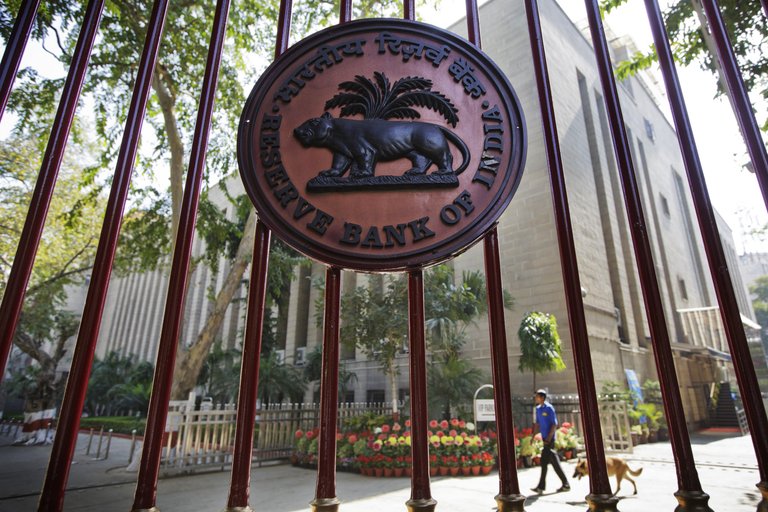
The Reserve Bank of India (RBI) has announced that the bank will no longer provide services to any person or business that deals with cryptocurrencies, adding that it is also looking into releasing its own cryptocurrency in the future, according to a “Statement on Developmental and Regulatory Policies” released today, April 5.
In a statement released today, BP Kanungo, the Deputy Governor for the Reserve Bank of India (RBI), said at a media conference that evolving changes within the payments industry has meant that central banks are now exploring the idea of implementing ‘fiat digital currencies,’ adding:
While many central banks are still engaged in the debate, an interdepartmental group has been constituted by the Reserve Bank to study and provide guidance on the desirability and feasibility to introduce a central bank digital currency. The report will be submitted by end-June 2018.
News of RBI’s consideration of a central bank digital currency comes as Kanungo also announced that the bank had directed regulated entities to cease their operations with companies and individuals related to digital currencies. Such a move means it’s no longer possible for people to purchase cryptocurrency through their banks or e-wallets through an organisation that is regulated by the central bank.
“In view of the associated risks, it has been decided that, with immediate effect, entities regulated by RBI shall not deal with or provide services to any individual or business entities dealing with or settling VCs [virtual currencies.] Regulated entities which already provide such services shall exit the relationship within a specified time,” Kanungo added.
Meanwhile, the same RBI statement on the end of its association with crypto dealings adds that the bank will be looking into creating its own state-backed cryptocurrency, “in addition to the paper currency that we have,” Kanungo notes, with a report to be submitted on its feasibility by the end of June 2018.
RBI’s interest in their own cryptocurrency is due to the “rapid changes in the landscape of the payments industry along with factors such as emergence of private digital tokens and the rising costs of managing fiat paper/metallic money,” which they cite as the impetus for central banks around the world to introduce “fiat digital currencies.”
Kanungo adds that a state-backed cryptocurrency could “hol[d] the promise of reducing the cost of printing of notes.”
Sathvik Vishwanath, the co-founder of India’s Unocoin, told Quartz India that he doesn’t believe this is the “right direction that the central bank has taken:”
“This will cause panic among a few million people in Indi who are already using cryptocurrrencies [sic]. If they want to launch their own digital currencies, they don’t need to ban existing ones.”
Hi! I am a robot. I just upvoted you! I found similar content that readers might be interested in:
https://cointelegraph.com/news/indias-central-bank-to-stop-dealing-with-all-crypto-related-accounts-not-ban-on-crypto-commenters-say